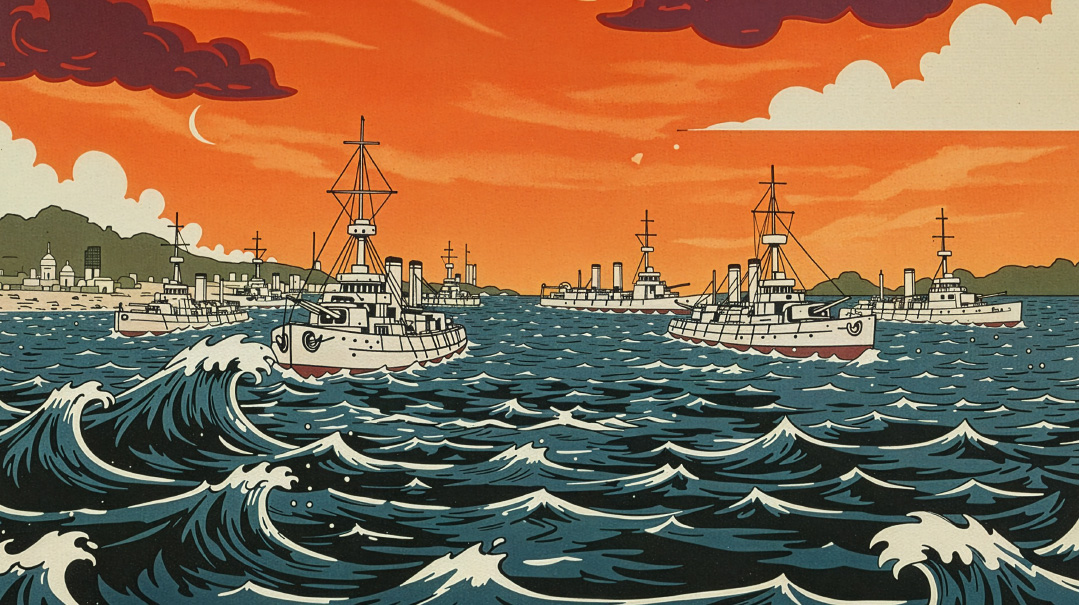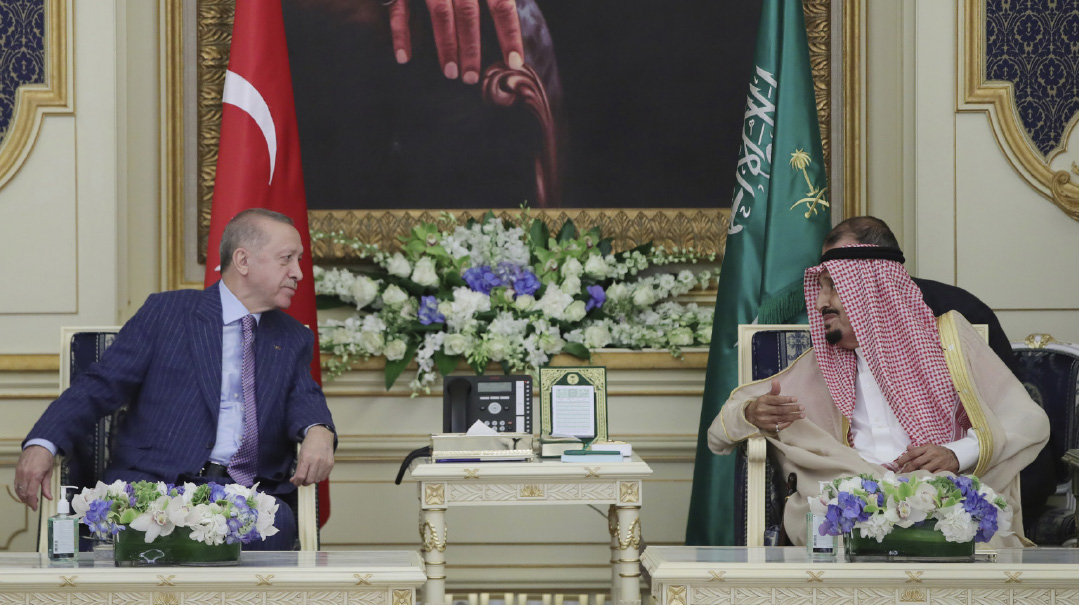Iran: Back in Focus


While the world is distracted by the disappearance of Saudi journalist Jamal Khashoggi, midterm election coverage, and trade wars, Israeli policy makers are laser-focused on one date. That’s November 4, when US sanctions on Iran’s crucial energy sector come into force, putting the Iranian nuclear threat back to the front burner of the international agenda. At a conference of the Jerusalem Institute of Strategic Studies, top Israeli decision makers clashed on the best way to deal with the threat. Here are four takeaways:
Korean-izing the Middle East
Iran’s strategy, according to former national security advisor General Yaakov Amidror, is to create a “Korean situation” on Israel’s border. Given the utter destruction that Seoul would suffer if the Americans were to strike North Korea, it’s the South Koreans who are the biggest opponents of an attack.
Iran’s drive to gain nuclear capability is coupled with building an independent Iranian war machine in Syria, in addition to Hezbollah’s 120,000 missiles and Hamas’s growing arsenal. These missiles, many of them upgraded since the 2014 Gaza operation to an accuracy of ten meters, give Iran the capability of a sophisticated air force, and are meant to deter any Israeli prime minister from attacking Iran due to the massive destruction Israel would face on its home front.
According to Strategic Affairs Minister Gilad Erdan, war with Iran would be “wide-ranging; we can’t rule out missile launchings from Iraq if we attack in the north.”
Israeli Strategy
The response to the dual threat of Iran’s nuclear program plus its proxy armies must be on multiple fronts. According to Defense Minister Avigdor Lieberman, the Stage Two sanctions about to come into effect will deprive the Iranians of the ability to fund terror. But sanctions alone “won’t remove the Iranian threat because they have made a political decision to have a nuclear bomb. Sanctions may affect the internal political stability of Iran leading to regime change.”
Ultimately, says General Amidror, Israel must continue to take offensive action. This requires precise intelligence, such as being able to strike the Iranians and Syrians at the T4 base, east of Homs, without hitting the Russians in the same complex. “We must endanger ourselves to prevent the building of a war machine in Syria and Iran.”
Europe Remains Important
For US sanctions to be as effective as those leveled by President Obama in 2011, Europe needs to stop trading with Iran. But Europe, together with Russia and China, is currently trying to create an alternative payment system that avoids doing business in dollars, to enable trade with Iran that circumvents American sanctions. According to Erdan, the European distinction between Iran’s nuclear program and other malign activities is like “treating a murderer as okay because he promises to murder only with a knife and not with a gun.” It remains to be seen whether the US can force the Europeans to stop doing business with Iran, but “hopefully we can persuade the new European Parliament next year to stop burying its head in the sand.”
Undeterred by Russia
Israel announced on September 4 that it had carried out more than 200 bombing attacks on Syria over the past two years. But in the wake of the downing of a Russian military plane by Syrian air defenses during an Israeli strike on September 17, analysts have noted no new reports of attacks. Strategic Affairs Minister Gilad Erdan acknowledged the new strategic reality, saying that in the wake of Russia’s deployment of the advanced S-300 anti-aircraft missile system to Syria, “we need new understandings with Russia.” Seeking to dispel the impression that Israel was deterred by Russia, he said that “our policy continues. Israel continues to attack in Syria now as well.”
(Originally featured in Mishpacha, Issue 732)
Oops! We could not locate your form.













